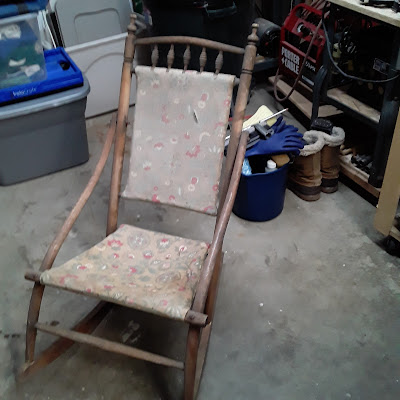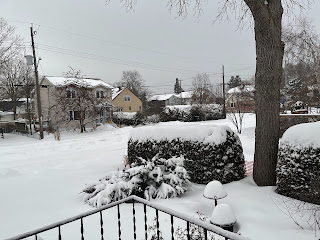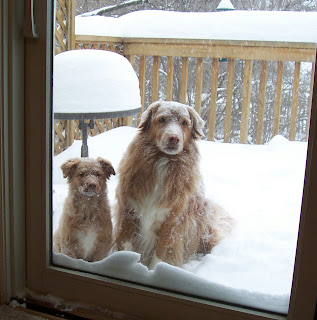I believe I've hinted a time or two about a new series I'm embarking upon (embarking on? On which I am embarking? Ach - you know what I mean).
Well, the news has now dropped.
I will now have two series running in tandem.
In addition to my ongoing contemporary Rebecca Connolly series, published by Polygon in the UK and Skyhorse in the US, Dumont in Germany and Cicero in Denmark (get me, Mr International), in October the first of my new historical crime series will be published here in the UK by Canelo.
'An Honourable Thief' is set in 1715 against a turbulent political backdrop (when is it ever not?) and features Jonas Flynt - thief, gambler, unwilling agent of the Crown and, when he has to be, killer. The action moves from London to Edinburgh at the time of the Mar Rising, when a Scottish noble with an eye to the main chance raised the Jacobite standard in Scotland. The catalyst to Flynt's involvement - the Maguffin, if you will - is a mysterious document written by Queen Anne, the last Stuart monarch, which may (or may not) have somehow pledged the throne to her half-brother James and not George of Hanover. Flynt must find the document before it falls into the hands of the Jacobites.
I've mixed real-life historical figures with those of my own inventions and actual events with those I have imagined. There is even one historical incident that I have fictionalised and moved around 20 years back in time.
My approach was to present a fast-moving tale featuring what is hopefully an interesting protagonist. Along the way the reader will learn more about Flynt and why he is the way he is - an 18th century version of Chandler's tarnished knight walking the mean streets of the 18th century. And boy, were they mean!
Which takes me on to the posts by Rick and Sybil about character background.
I think we need to make our characters as real as we can, even if they are involved in fantastical events as in fantasy and science fiction. This first book is as much about Flynt and his past as it is about the plot because I need people to understand him a little in order to propel the series forward. He begins as a blank page but bit by bit I hope I have filled in enough of his past to help him walk from those pages - and out of the 18th century - and into the reader's room here in the 21st.
It's a tricky business - how far do you deviate from what is designed as a rip-roaring read to sketch in the character bits? While also painting a picture of life back then? And also leaving enough wiggle room for future development as the series progresses?
I'm not an historian, I'm a storyteller but I do hope I have not made any serious factual howlers. In the end, though, the entire world is one that I created and manipulated to my own ends. Hence lifting that real-life incident from 1736 to 1715 and tinkering with it a little for my story. Again, the use of that incident was all part of the character development, to show how Flynt and others peopling my story react, interact and act.
And that's the secret I think. Elmore Leonard said that all character can be shown through dialogue and to an extent he was right but I would also add that it can be revealed by the actions they take and why they take them.
It's a difficult job but hey, that's why we get the big bucks.
I'll pause here to let you all roll about the floor in hysterical laughter.













